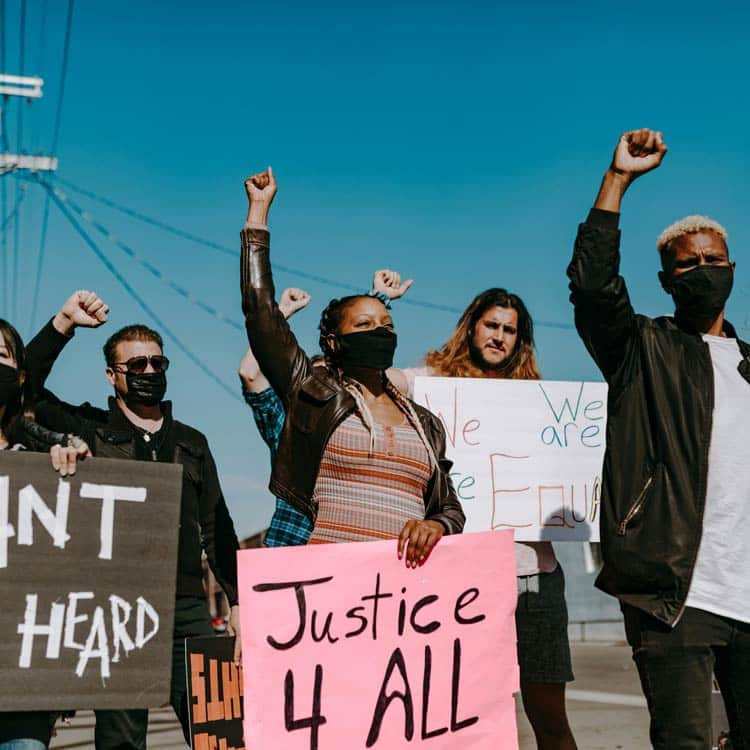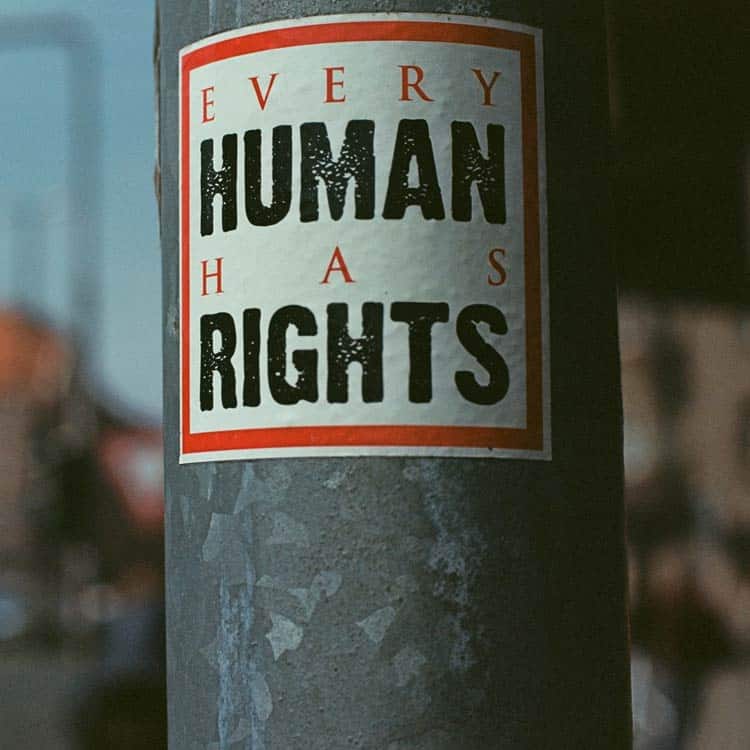
I also work with people who carry intergenerational trauma tied to systemic oppression. You may be living with the legacy of colonialism, war, family displacement, or forced migration. Or you may be navigating the complexities of being a caregiver or family member of someone who has been incarcerated or deported. My work is to hold all of this with you, not apart from you.
Who I Work With
My practice welcomes people across a range of lived experiences, including:
- Individuals impacted by incarceration, probation, or parole
- Survivors of family separation through immigration or foster systems
- People navigating intergenerational trauma and historical oppression
- Clients labeled as “perpetrators” who are seeking healing and accountability
- Family members or caregivers of incarcerated or system-impacted loved ones
- Those navigating ongoing surveillance or criminalization in their communities
You do not have to identify with a specific label to work with me. What matters is that you want a therapeutic space where the impact of systems isn’t ignored, erased, or minimized.
Therapy That Centers Power and Context
Together, we look at how institutions, power structures, and historical forces have shaped your experience—and how you want to relate to that truth now. This might include unpacking the internalized messages you’ve carried, understanding how survival strategies show up in relationships, or exploring what healing and liberation look like on your terms.
A Different Kind of Clinical Relationship
I don’t approach this work from a place of “fixing” or “saving.” I’m not here to decide what healing should look like for you. Instead, I strive to offer a relationship that is grounded in mutual respect, transparency, and attunement. We move at your pace. You have full permission to name what feels off, what feels helpful, and what you need from the process.
Complex Trauma in the Context of Systemic Harm
For justice-impacted individuals, this often includes:
- Surveillance, confinement, and institutional betrayal
- Generational incarceration and forced family separation
- Police violence or community trauma
- Loss of identity, purpose, or connection after release
- Shame, guilt, or grief about past actions or harm caused
We make space to hold both the harm that was done to you and, if applicable, the harm you may have done to others. Therapy becomes a space for accountability, not punishment; for repair, not erasure.
Language, Culture, and Liberation
That might mean integrating your own words for grief, spirit, or healing. It might mean exploring how you connect with your ancestors, your community, or your sense of self outside of the stories systems have written about you. I welcome all of it.
Abolitionist-Aligned, Liberation-Oriented Care
I don’t have a rigid model or 10-step framework. What I offer is presence, collaboration, and deep commitment to walking alongside you as you figure out what healing looks like on your own terms.
What Therapy Looks Like
- Process your experience with incarceration, surveillance, or family separation
- Explore how systems of harm have shaped your relationships, emotions, and sense of safety
- Develop practices for nervous system regulation and emotional safety
- Reconnect with your values, purpose, and community supports
- Build capacity for accountability, forgiveness, and repair

🖥️ Book Online: Free 20-minute Consultation
📩 Email us: dk@healingwithdeepa.com
free consultation today.